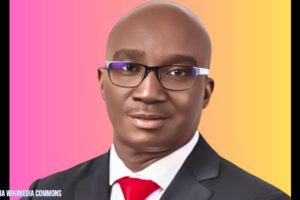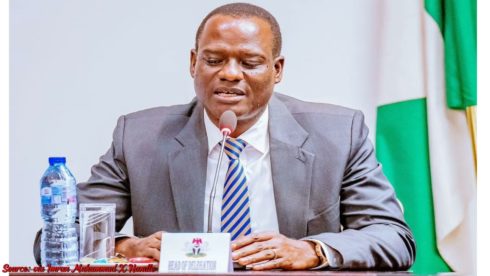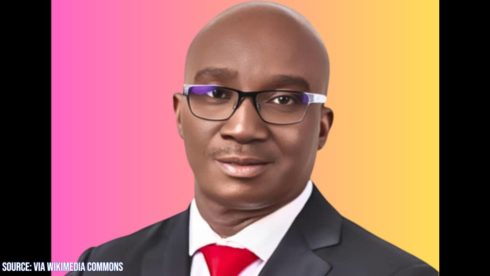Taiwo Oyedele, Chairman of the Presidential Fiscal Policy and Tax Reforms Committee, has introduced a proposal for a 25 percent personal income tax on affluent Nigerians. This new tax policy would specifically target individuals earning N100 million or more monthly. The announcement was made during a breakout session at the 30th Nigeria Economic Summit in Abuja on Monday, October 14. Taiwo Oyedele underscored that the purpose of this tax increase is to ensure that high-income earners contribute more significantly to government revenue, helping to address the nation’s fiscal challenges.
This proposed tax reform is designed to create a more equitable tax system, where the wealthy shoulder a larger portion of the financial burden while offering relief to lower-income individuals. Taiwo Oyedele emphasized the importance of achieving a balanced tax structure that encourages fairness and sustainability. By shifting more tax responsibility to the affluent, the government aims to promote social equity and improve revenue generation without disproportionately impacting lower-income Nigerians.
Balancing the Tax Burden Across Income Groups
Taiwo Oyedele underlined the importance of finding a middle ground in Nigeria’s tax system. The goal is to reduce the financial burden on low-income earners while ensuring that wealthier Nigerians pay their fair share. According to Taiwo Oyedele, this approach would help address Nigeria’s economic challenges by increasing revenue without overburdening the poorest citizens.
He explained that the current tax system places a disproportionate strain on those with limited income, making reforms necessary. By shifting more of the tax burden onto high-income earners, the government aims to create a more equitable system.
Reforms to Alleviate Business Tax Pressures
In addition to the personal income tax increase, Taiwo Oyedele also discussed reforms targeting businesses, particularly in relation to Value-Added Tax (VAT) on assets. Currently, businesses face high costs as they are required to pay VAT on essential items like factory equipment, laptops, and vehicles, which ultimately raises their overall pricing.
The proposed reforms would allow businesses to recover VAT costs on assets and services, providing significant financial relief. Taiwo Oyedele explained that once these changes are implemented, businesses will be able to claim 100 percent VAT credit on these items, thereby reducing their operational expenses.
VAT Credit System to Boost Economic Efficiency
The introduction of a VAT credit system is expected to benefit businesses by lowering their production costs. By recovering VAT on assets and services, companies can reinvest more of their capital, potentially leading to job creation and economic growth. This is a crucial step in making Nigerian businesses more competitive globally.
Taiwo Oyedele stressed that the VAT reforms are part of a broader strategy to reduce inefficiencies in the tax system and to streamline business operations. The ultimate goal is to enhance productivity across various sectors of the economy.
Government’s Strategy to Increase Revenue
The government’s strategy to increase revenue involves not only raising taxes on the wealthy but also implementing tax reforms that enhance compliance and efficiency. Taiwo Oyedele emphasized that these measures are necessary to bridge Nigeria’s fiscal deficit and ensure sustainable economic growth.
By making the wealthy contribute a larger portion of their income to public finances, the government hopes to achieve greater financial stability. This approach, combined with business-friendly reforms, is seen as a key factor in improving the country’s overall fiscal health.
Impact on Economic Growth and Social Equity
The proposed tax reforms are expected to have far-reaching effects on Nigeria’s economic landscape. While wealthier individuals may face higher taxes, the redistribution of tax burdens is designed to promote social equity. With more resources allocated to public infrastructure and services, the government hopes to stimulate long-term economic growth.
These changes could also reduce the wealth gap in Nigeria, fostering a more inclusive economy. By targeting high-income earners for increased taxation, the government is positioning itself to address some of the structural issues hindering the country’s development.
Table of Contents
Discover more from OGM News NG
Subscribe to get the latest posts sent to your email.














